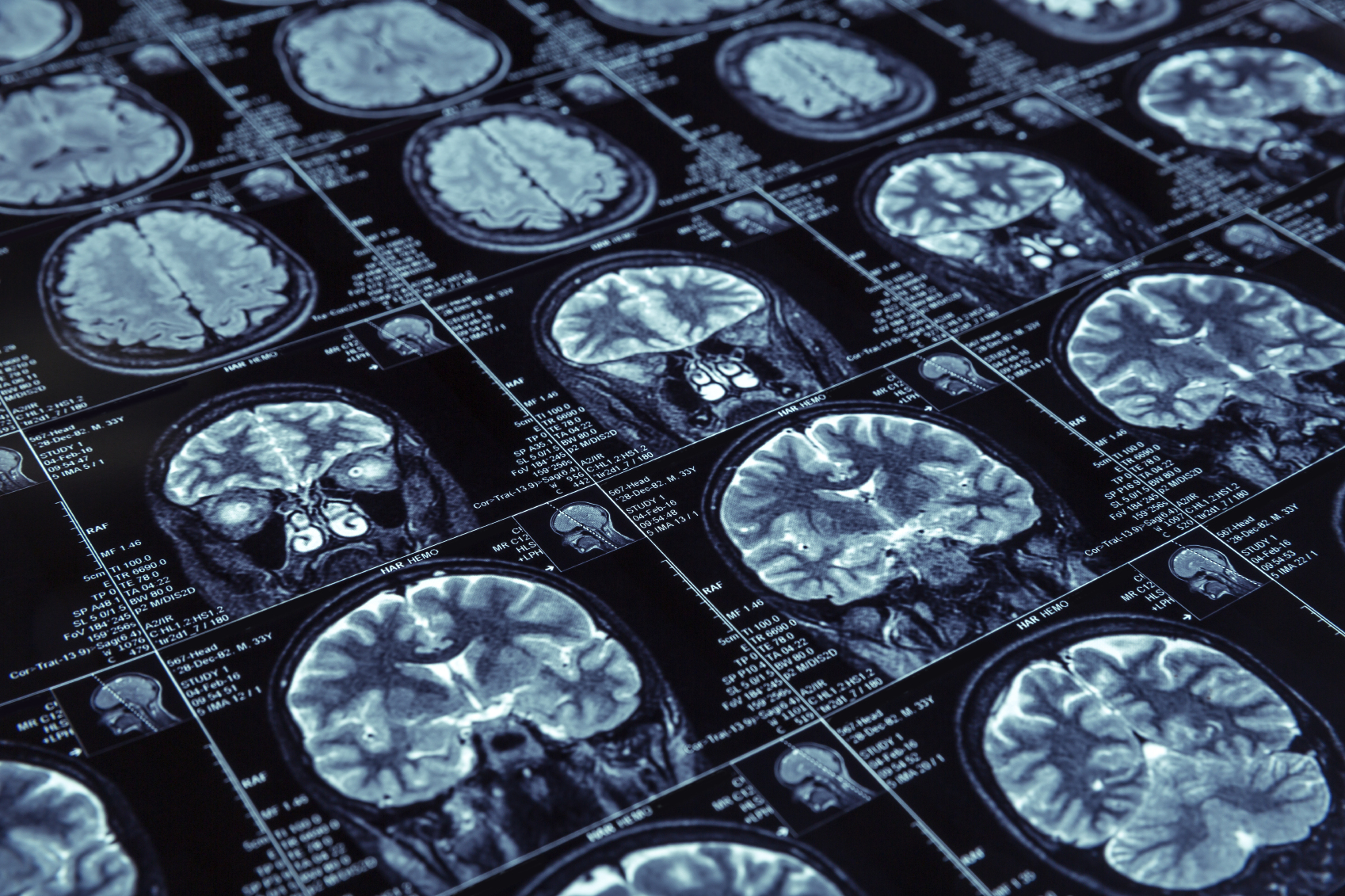Alzheimer's failure bursts Axovant's bubble

Axovant’s much-anticipated Alzheimer’s drug intepirdine has failed in a late-stage trial, sending shares in the biotech off a cliff.
The drug is just the latest in a long line of Alzheimer's candidates to have failed, but the news also punctures the investor confidence around Axovant's business model.
The MINDSET trial looked at whether the drug combined with current standard treatment donepezil could improve cognition in patients, and help them continue their daily activities.
But the combination failed to hit either of these endpoints compared with placebo.
The only secondary endpoint where there was any statistically significant improvement was in the scale assessing clinicians’ impression of changes.
[caption id="attachment_32153" align="alignnone" width="120"] Vivek Ramaswamy[/caption]
Vivek Ramaswamy[/caption]
The failure comes as a blow to Axovant, founded by 32 year-old former hedge fund manager Vivek Ramaswamy.
He has wowed investors with his promise to take drugs stuck in big pharma pipelines and use funding and clinical trials more efficiently to bring new treatments to market.
Intepirdine was one such drug stuck in a pipeline, in this case GlaxoSmithKline's, and Axovant acquired it for a mere $5 million in 2014.
The company had managed to raise $315m from investors in an IPO in 2015, a record breaking flotation at the time.
Then in April this year, the company appointed David Hung as its new CEO. Hung was feted for his $14 billion sale of Medivation last year, and investors grew even more excited that a similar magic could be worked at Axovant.
But those investors are now licking their wounds after shares fell nearly 74% to $6.33 on the Nasdaq stock exchange.
Axovant said it will work with investigators to conclude the MINDSET open-label extension study.
In the meantime, the phase 2a HEADWAY trial of intepirdine in patients with dementia with Lewy bodies (DLB) remains on track to report topline results at the end of this year.
This study investigates two doses of intepirdine, 35 mg (the dose used in the MINDSET trial) and 70 mg, a higher dose intended to engage both 5-HT6 and 5-HT2A receptors. Intepirdine has received Fast Track designation from the FDA n for the treatment of DLB.
[caption id="attachment_26885" align="alignnone" width="240"] David Hung[/caption]
David Hung[/caption]
Axovant’s CEO, David Hung said he was “deeply disappointed” by the trial results, but said the company remained committed to fighting Alzheimer's.
However many investors have questioned why Axovant had got such strong backing from analysts in the build-up to the results announcement.
The failure of Axovant's candidate leaves the hope of an Alzheimer's breakthrough looking thin, compounding last year's failure of Eli Lilly’s solanezumab in a phase 3 trial.
The next big hope in the field is Biogen's aducanumab, a beta amyeloid-targeting antibody in phase 3 to treat early Alzheimer's. A phase 1b study of the drug published last month showed it reduced amyloid plaques in the brains of patents and slowed the rate of clinical decline up to three years into treatment. Biogen's expected primary completion date for the trial is November 2019.
https://twitter.com/bradloncar/status/912634501590896640
https://twitter.com/MaxJacobsEdison/status/912640231207301120












